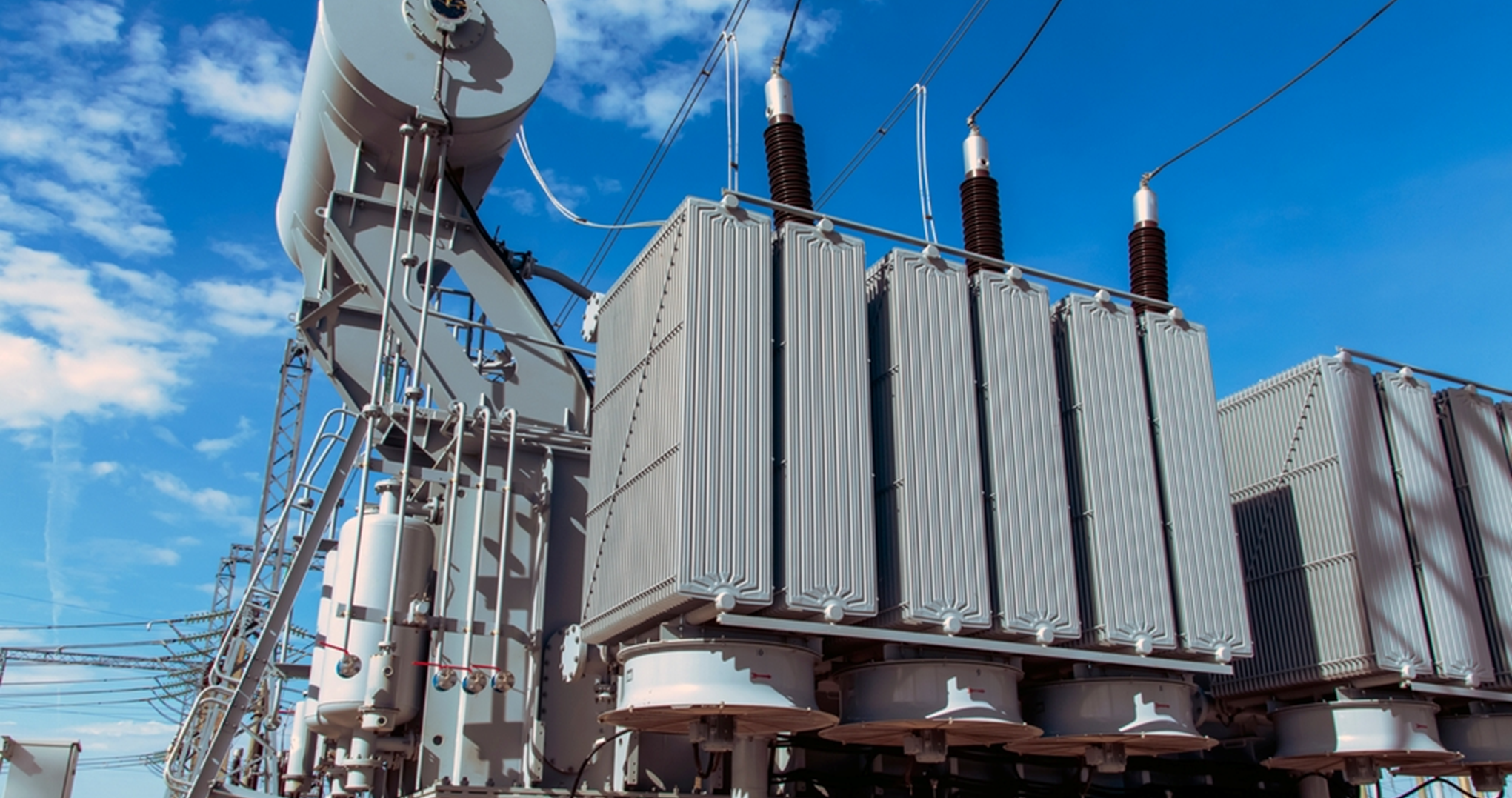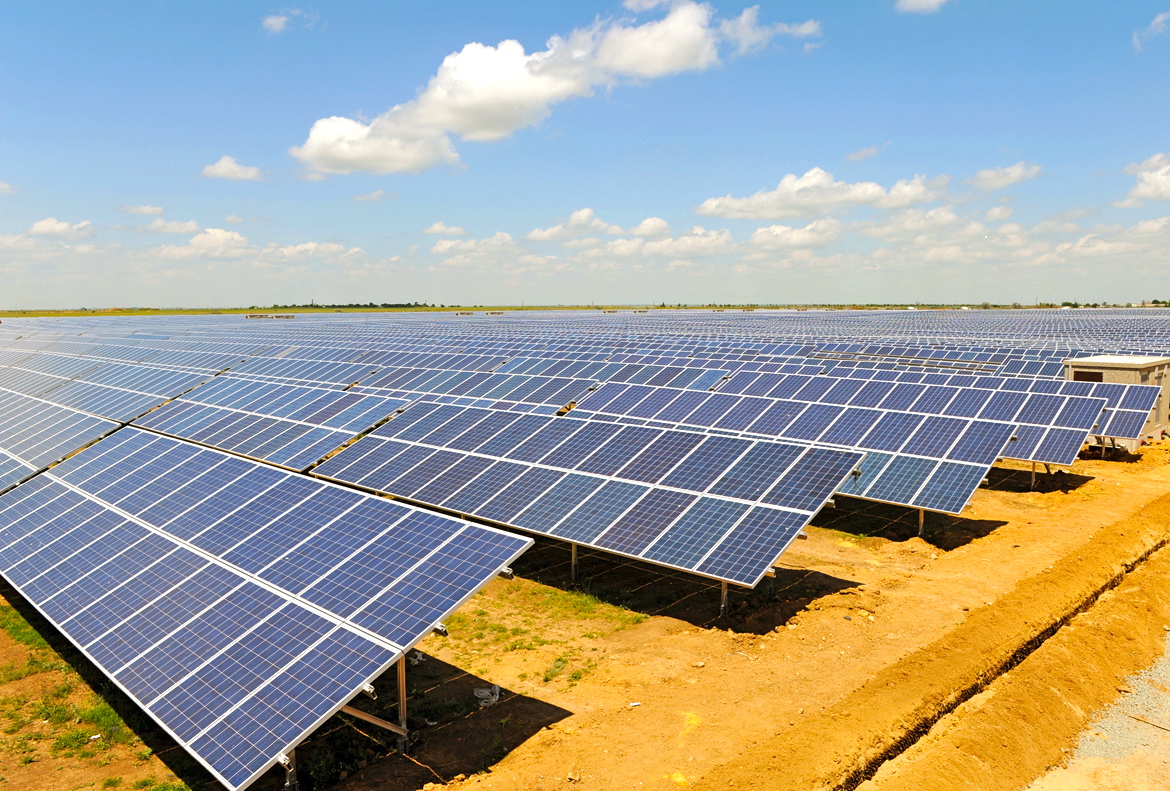Our recommendations
Last Update
28 July 2023
Evaluating the utility of hydrogen refueling stations in reducing cost of hydrogen
Retrofitted pipelines can achieve very low H2 transportation cost i.e. less than or equal to USD 0.1/kg for upto 500 kms
HYDROGEN REFUELING STATIONS
While economies of scale in station component manufacturing are expected to reduce the delivered cost of hydrogen for vehicles. Hydrogen refuelling stations with higher capacities will also have a lower levelized cost of dispensed hydrogen. Increasing station size from 350 kg/d to 1000 kg/d could cut the cost of dispensed hydrogen. As both station capacity and vehicle demand increase , pipeline delivery will become more profitable and could further reduce the overall cost of dispensed hydrogen.
Station utilization is another important factor. While utilization tends to align with vehicle deployment , early FCEV fleet deployment can help ensure a certain level of utilization, lowering hydrogen prices. Stations designed to serve both LDVs and HDVs may be able to increase utilization and reduce overall capital expenditures, though serving both vehicle types will require more equipment to fuel at different pressures or flowrates.
The number of suppliers for key HRS components is currently limited, which can restrict station roll-out and prevent the cost reductions that come with market competition. Novel component designs (including for high-throughput compressors, cryogenic hydrogen pumps, hoses and nozzles) and refuelling protocols are needed for fast fuelling of heavy-duty trucks, marine vessels and aircraft.
Fuel cell trucks begin to have total cost ownership advantage over battery electric at a range of 400-500 km
Comparing decarbonisation options for this sector, the TCOs of both battery electric and fuel cell trucks are expected to be lower than for hybrid electric trucks running on synthetic diesel. In the medium term, fuel cell and battery electric trucks have comparable TCOs at a 500-km driving range, depending on refueling or charging infrastructure utilization.
Do you want to seek Eninrac assistance in helping you resolve some critical business issues? Engage with us and reach out to our experts by using the Request for Proposal (RFP) form.
BEST VISION IS INSIGHT
Combine market knowledge and your skill to contribute value for end consumers

Transformer Sales Surge: ₹75,000 Crore Opportunity Ahead

Solar Parks Development Status in India

EU Solar Market 2024: Utility- Scale Resilience Amidst A Slumping Rooftop
Get started with
EI Market personalised demo
Complete the form to get in touch with our sales team to see our Visionboard platform in action. We'll show you how you can use eninrac to build a culture of action of consistently hunting down and eliminating poor market research expriences across your companies line of business


